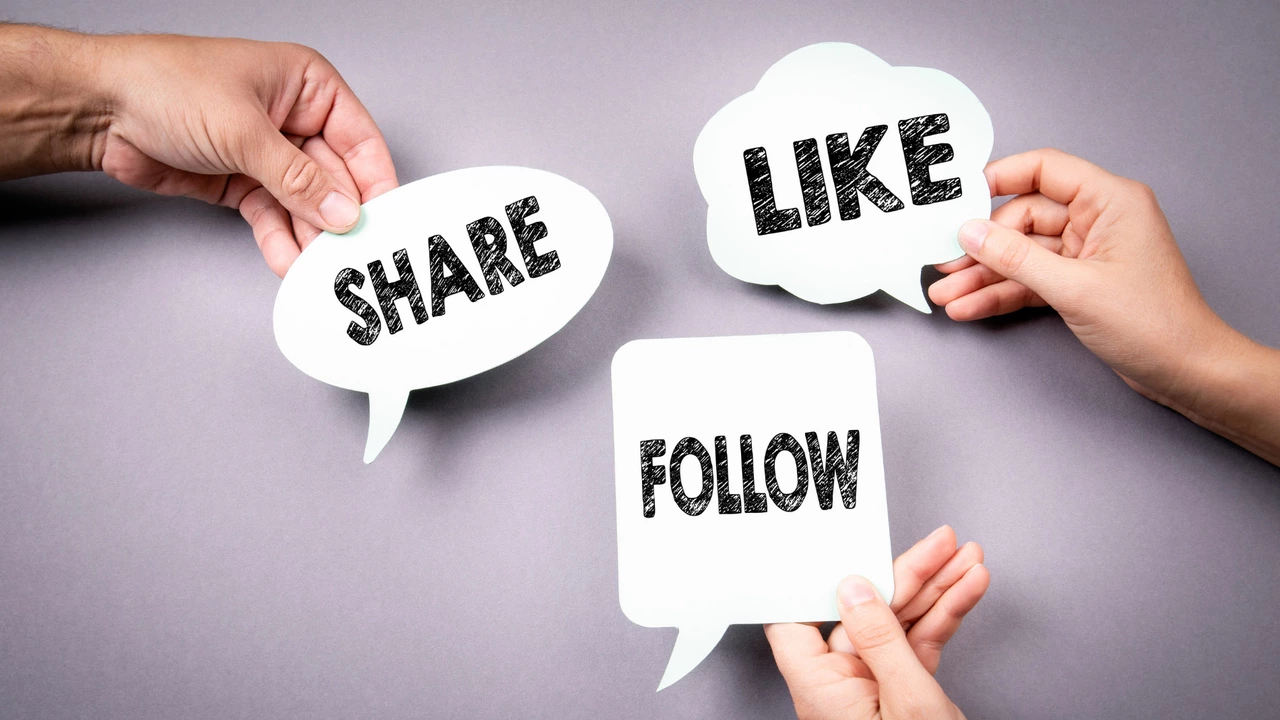Best Friend: Real Advice to Keep Your Closest Person Close
A best friend is the person you text at 2 a.m., the one who remembers the weird details, and the person who shows up when it matters. That sounds simple, but real friendships take steady work. This page gathers practical tips, quick ideas, and short scripts you can use to keep your best friend close—no drama, just useful moves.
Why does friendship need work? Because life gets busy. Jobs, family, and new relationships shrink available time. If you want the friendship to last, you need small, regular actions that say "I care" without making every meet-up feel like a big event.
How to stay close
Text well. A three-line check-in beats radio silence. Say something specific: "Saw that show you liked—thought of you." It’s better than a blank "hey." Be curious. Ask one real question and listen to the answer.
Plan short rituals. Weekly memes, a monthly coffee, or a game night keep the connection alive. Rituals reduce the effort needed to meet. Use shared habits rather than rigid plans—flexible routines survive life changes.
Handle fights fast. When someone gets hurt, address it within a few days. Start small: "I felt ignored when you..." Own your part and ask their side. A quick honest talk prevents long-term damage.
Respect boundaries. Best friends still need alone time. Don’t push constant attention. Ask what they need and check in before assuming availability. Boundaries show maturity and make the bond safer.
Gift & gesture ideas
Gifts don’t need to be expensive. Pick something that shows you listen: a book they mentioned, a playlist for a rough week, or a jar of their favorite snack. Handwritten notes matter—two lines of real appreciation mean more than a big gift once a year.
Support in small ways. Offer to pick up groceries, run an errand, or hold space when they’re overwhelmed. Practical help builds trust faster than grand gestures.
Long-distance? Use time-zone-friendly habits. Send voice notes, schedule a video call, or watch the same movie and text live reactions. The goal is regular, low-pressure contact so memories keep building.
Know when to step back. If a friendship becomes consistently one-sided or toxic, protect your energy. You can try resetting expectations, but sometimes distance is the healthiest choice. Ending a close friendship is painful, but staying in a harmful cycle is worse.
Use tiny but specific conversation starters: "What's one small win this week?" "Any songs stuck in your head?" "Need a rant or a laugh today?" These invite real replies. Avoid vague "How are you?"—it often gets a short "fine."
If you drift apart, try a low-pressure reconnection: "I miss our chats. Want to catch up over coffee next week?" If they don't reply, one follow-up message is fine. People move through phases; consistent, calm effort often brings the friendship back.
Celebrate small milestones—anniversaries, promotions, even surviving a rough week together often.
Small efforts add up. A best friend who feels seen, heard, and respected will stick around. Use thoughtful check-ins, quick repairs after fights, respectful boundaries, and simple gestures. That’s the blueprint for friendships that last.
Why doesn't my best friend like my posts on social media?
Feeling confused because your best friend doesn't like your posts on social media? There could be several reasons for this. They might not see your posts due to the platform's algorithm, or they could be taking a break from social media altogether. It's also possible they simply missed your posts in the endless stream of online content. At the end of the day, it's essential to remember that social media likes don't define the depth or quality of your real-life relationships.

 Cricket
Cricket